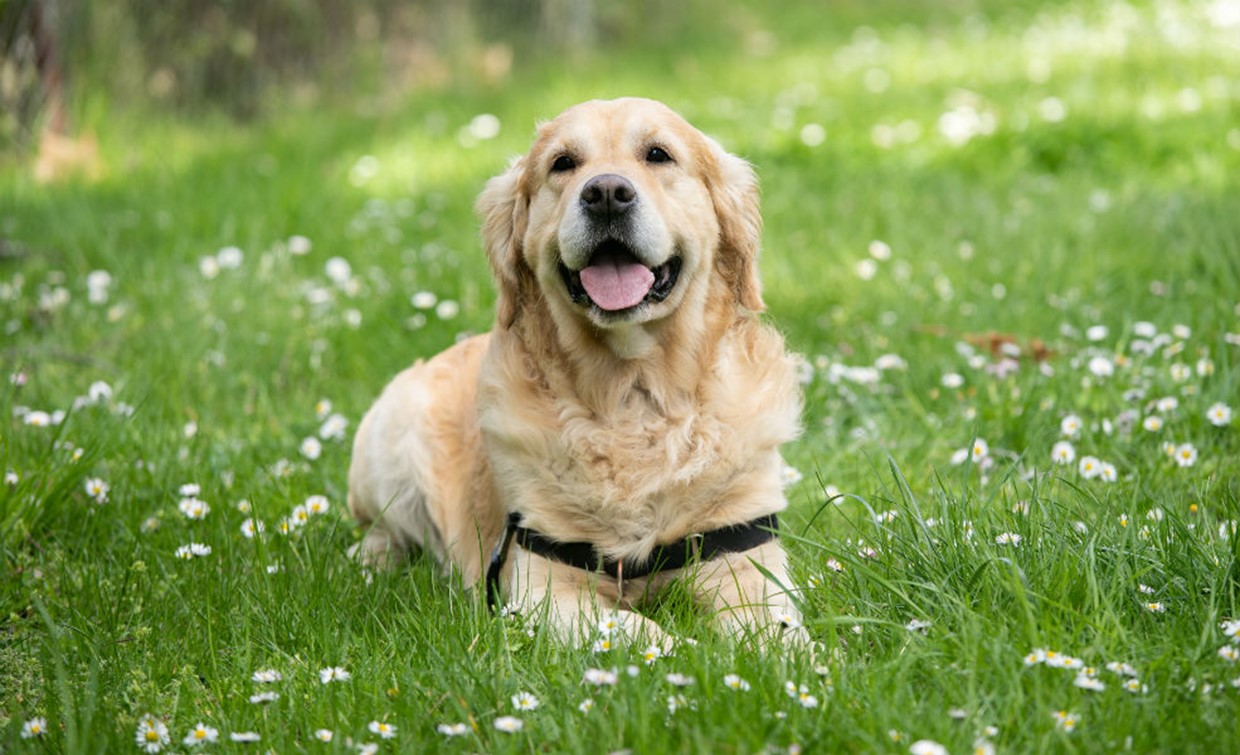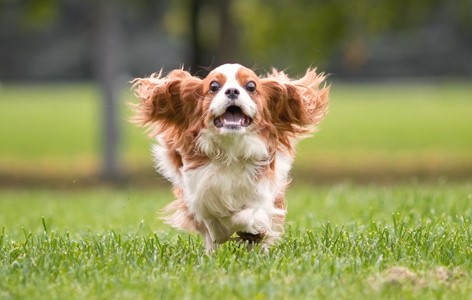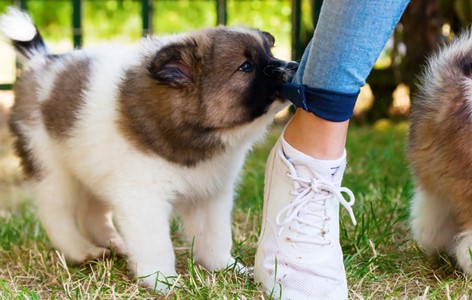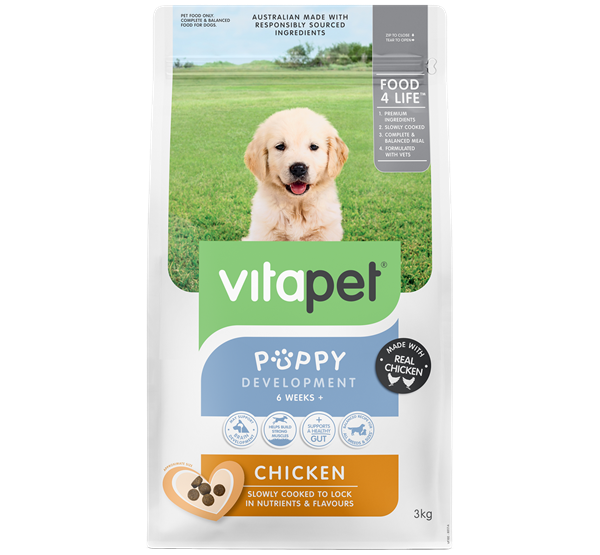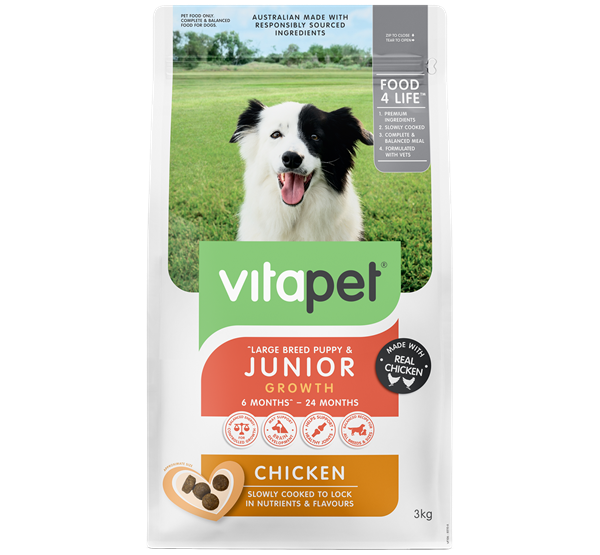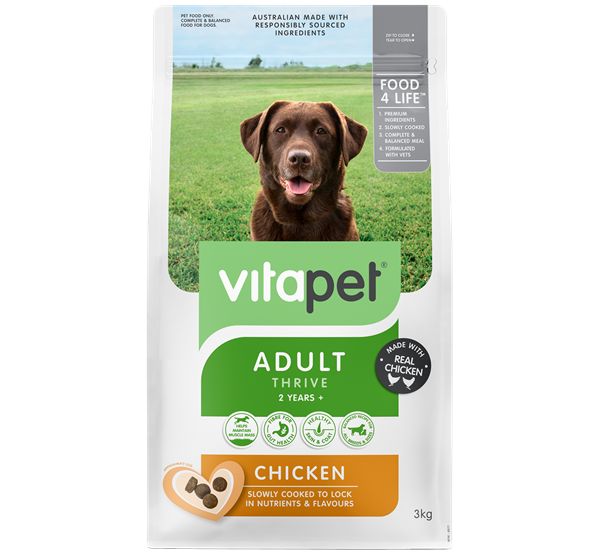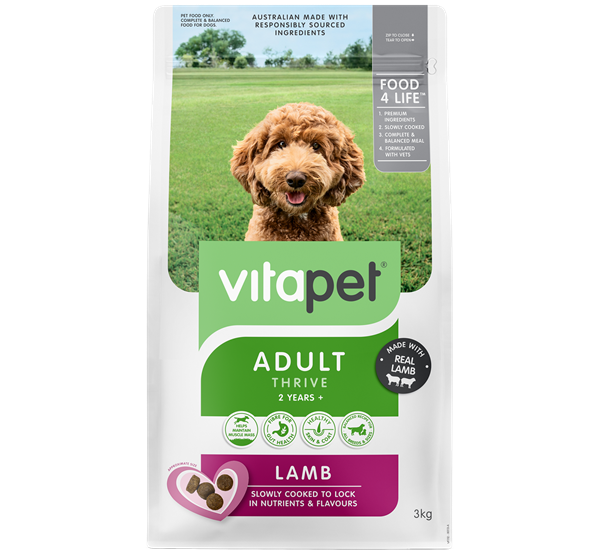We know the special feeling of welcoming a puppy into your home. You’re excited. They’re excited. All your friends are excited. But now they need to learn a few things, so they can keep bounding around being their adorable little selves while growing from cute little fur-balls into confident, well-balanced companions.
Regular training sessions and refreshers are not only key to learning essential requests and behaviours, they help you learn how to communicate with your new mate. It will help them mature, build positive personality traits, and keep them engaged and stimulated.
That’s why we’ve compiled our top five training tips to help you set your puppy up for success.
1. Less is More
You don’t need to be running a puppy boot camp 24/7, because when it comes to training your new best friend, less is more. Your pooch is more likely to learn from shorter and more frequent sessions spread out over a longer time period. For example, puppies that train for 10 minutes seven days a week are more likely to be successful than those that train for an hour every other week.
2. Have a Plan
Puppies can be easily distracted, so firstly, you’ve got to pick a time and place where they can focus on you – not food, toys or those loose socks you forgot to put into the wash. And no matter how much you’d like to, try to resist Instagramming how cute they look when they’re cheekily ignoring your requests.
Secondly, set a training agenda. It’s better to focus on just one or two skills per session to help them stay focused. Jumping back and forth between different commands may confuse or frustrate them.
3. Be Pawsitive
It may take your new pup a couple of attempts to start singing from the same hymn sheet as you, but as the old saying goes, practice makes ‘pawfect’. That’s why it’s important that you remain patient and positive with your pup. Punishment or yelling is likely to leave a lingering bad taste in your pup’s snout – as it would with you.
Negative reinforcement can even go as far as inducing anxiety or even fear around the very skills you are trying to teach. If you find your dog is having an off day with a particular skill or request, it’s better to move on to something they have mastered, praise them, give them a good old scratch and a hug for doing it right, and end the session on a positive note.
4. Have a Daily Routine
Chances are, your new mate will want to know what’s up – and you can keep them clued in by creating a daily routine] . This will help them get used to life with you and their role in it. It’s not a formal part of training, but the familiarity a routine creates is very valuable to teaching them how to behave in certain situations in and outside of your home.
5. Consider training classes
Diving in the deep end is a lot more daunting if you don’t know how to doggy paddle. Going to a training class with your pup can help set up your at-home training routine to complement the progress you make there. In fact, classes can help you no matter your experience level. For example, if you:
- Are a novice trainer
- Want to gain more confidence in your training skills
- Are finding training a bit of an uphill battle
- Simply want to learn something new and more challenging.
In addition to providing a safe place to socialise your puppy, training classes give you an opportunity to ask questions. It also gives your dog a chance to consolidate their skills in a slightly more stimulating environment.
Lastly, have fun – they’re your new best friend after all.
Enjoy forming a new relationship when training them, and don’t forget to give them lots of scratches, pats and love. Done right your new four-legged friend will quickly become a well-mannered member of your family.











